The Early Life of Biddy Mason
Biddy Mason was born in 1818 in Hancock County, Georgia, into a life of enslavement. The conditions surrounding her early life were bleak; she was one of many individuals who faced the harsh realities of the antebellum South. Biddy was a property of a physician named Robert Marion Smith, which, at that time, severely limited her freedom and subjected her to a life of labor without compensation. The early years of her life were marked by arduous work and the constant threat of family separation, as enslaved individuals were often sold off to different owners.
Biddy Mason’s childhood was fraught with challenges, not only due to the oppressive system of slavery but also because of the social and economic constraints placed upon her. Despite these adversities, she displayed an extraordinary spirit and resilience. Witnessing the sufferings of fellow enslaved individuals, she cultivated an understanding of the injustice that permeated her community. These formative experiences would later fuel her desire for freedom and the pursuit of equality.
In the early 1850s, Biddy Mason and her family were brought to California, a state that had recently entered the Union and had laws that were ostensibly against slavery. However, the threat of re-enslavement loomed large. Biddy recognized that her moment to escape was at hand. With remarkable courage, she seized the opportunity to break free from bondage, setting forth towards emancipation. Her escape was a pivotal moment that changed her life forever, allowing her to embrace her fate as a free woman and eventually pursue her rights and opportunities in a new land.
This backstory of her early struggles not only highlights the depth of Biddy Mason’s trials but also serves as a reminder of her unwavering determination. Her journey from enslavement to freedom laid a strong foundation for her future achievements and her legacy in Los Angeles.
Biddy’s Journey to Freedom and New Beginnings
Biddy Mason’s journey to freedom began in the oppressive environment of slavery in the deep South. Born into bondage in 1818, she faced numerous hardships that would shape her resilient character. However, a pivotal moment arrived in 1848 when she found the courage to escape. Fleeing from her enslaver, she embarked on a treacherous journey on foot toward California, a state that had passed laws prohibiting slavery. This courageous act not only represented a quest for her own freedom but also symbolized hope for countless others who yearned for a life without oppression.
Upon her arrival in California, Biddy confronts the staggering challenge of starting anew. In a land where she should have been free, she faced the invisible barriers that often plagued newly liberated individuals, including limited access to resources and societal discrimination. Nevertheless, Biddy’s determination fueled her efforts as she settled in Los Angeles, a rapidly growing community at that time. She worked diligently as a nurse and a midwife, utilizing her skills to serve those around her. Her ability to navigate adversity exemplified her indomitable spirit and paved the way for her future achievements.
Throughout her journey, Biddy encountered significant obstacles as a free Black woman in America. Economic hardships, social constraints, and systemic injustices presented challenges at every turn. However, her commitment to uplifting her community and aiding those in need became the cornerstone of her legacy. As she established herself in Los Angeles, her actions resonated within the community. Biddy Mason not only focused on her survival but also dedicated herself to advocating for the rights and well-being of others. In doing so, she carved a path for herself while simultaneously laying the groundwork for a brighter future for those around her.
Building a Legacy: From Nurse to Entrepreneur
Biddy Mason’s journey from enslaved nurse to successful entrepreneur is a remarkable example of resilience and vision. Born into slavery in 1818, she began her career as a nurse and midwife, providing critical care to those in need. Mason’s skills in healing were not only invaluable but also laid the groundwork for her future endeavors. As she built a reputation as a compassionate caregiver, her empathy and dedication became well-recognized within the community.
After gaining her freedom in 1856, Mason seized the opportunity to embark on an entrepreneurial journey that would shape her legacy. Recognizing the real estate potential in the rapidly growing Los Angeles area, she strategically invested in land and properties, often at a time when African Americans faced immense challenges and discrimination in the marketplace. Her investments were astute; she purchased parcels of land that would appreciate in value, resulting in significant financial returns over time. This acumen for identifying profitable opportunities established her as a formidable figure in the business realm.
Mason’s contributions extended beyond her financial success. She played a vital role in her community, particularly through her efforts to establish the first African American church in Los Angeles, the First African Methodist Episcopal Church. This institution not only provided spiritual guidance but also became a center for social and political activism in the face of systemic racism. Mason’s commitment to uplifting her community was evident in her philanthropic activities, supporting education and healthcare initiatives that benefited countless individuals.
In her pursuit of success, Biddy Mason exemplified the entrepreneurial spirit that continues to inspire many today. Her foresight in real estate and dedication to her community solidified her legacy as a pioneer, highlighting the impact of African American women in shaping the urban landscape of Los Angeles.
The Impact of Biddy Mason on Los Angeles and Beyond
Biddy Mason’s legacy in Los Angeles transcends her personal achievements, as she significantly influenced the fabric of the community and the African American experience within the city. As a former enslaved woman who fought for her freedom, Biddy became a beacon of hope and resilience for many. Her journey from slavery to becoming a successful landowner is not merely a personal triumph but serves as a pivotal moment in the ongoing narrative surrounding race and property ownership in America.
Mason utilized her newfound freedom and resources to launch various philanthropic endeavors, providing critical support to those historically marginalized. She established the first African American nursing school, which became a source of education and empowerment in a segregated society. Furthermore, Biddy was instrumental in founding the first African American church in Los Angeles, linking spirituality with activism. These institutions not only served immediate community needs but also fostered a sense of unity and identity among African Americans in the region.
<p accumulation=”” activists=”” advocates=”” among=”” and=”” biddy=”” civil=”” communities.
By recognizing and celebrating Biddy Mason’s contributions, we honor not just her remarkable achievements but also those of countless others like her. Her impact on Los Angeles remains palpable, inspiring generations to challenge systemic barriers and fostering conversations around race, equity, and resilience. As communities continue to strive for empowerment and justice, Biddy Mason’s legacy serves as a powerful reminder of the potential for change through perseverance and commitment to community welfare.
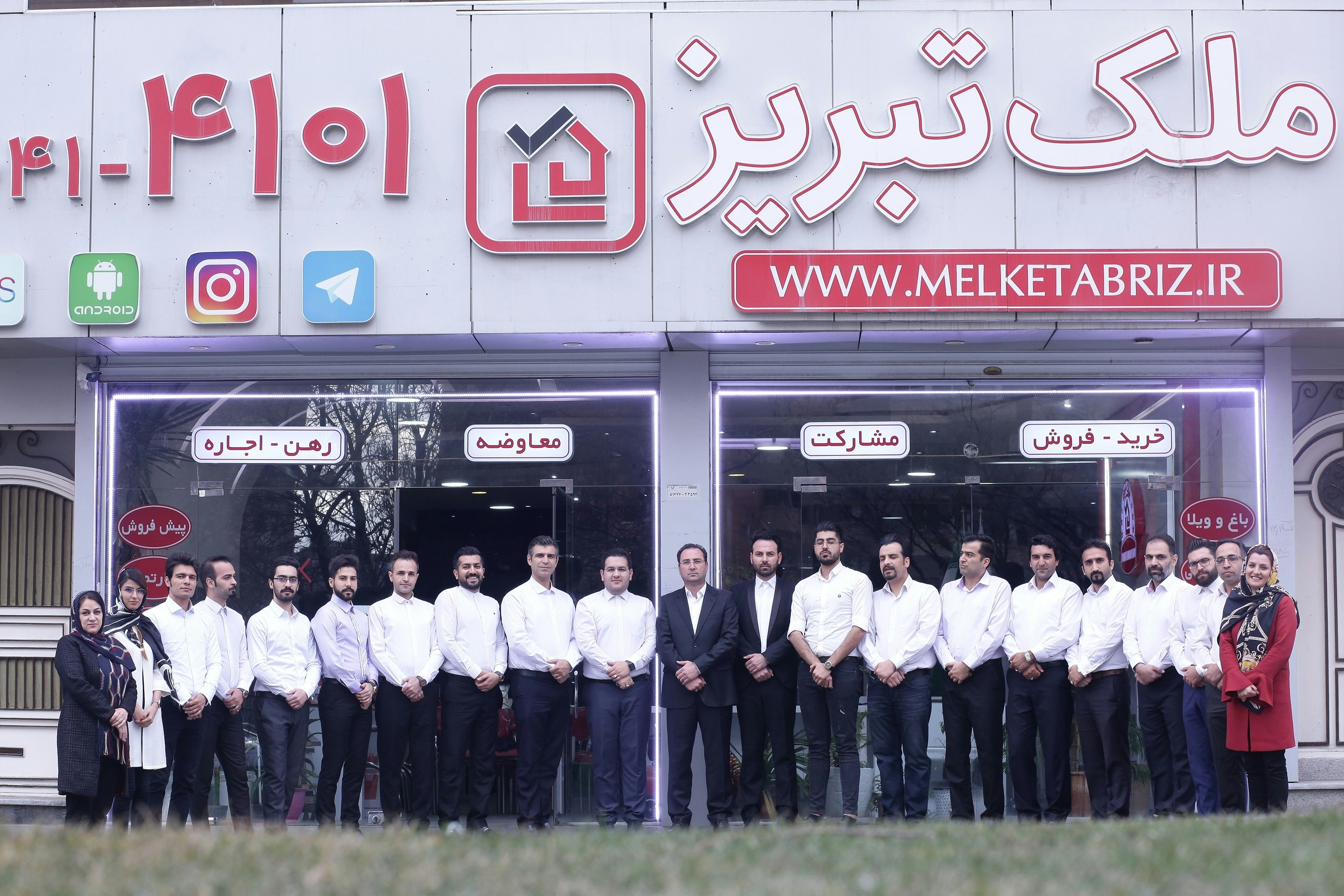
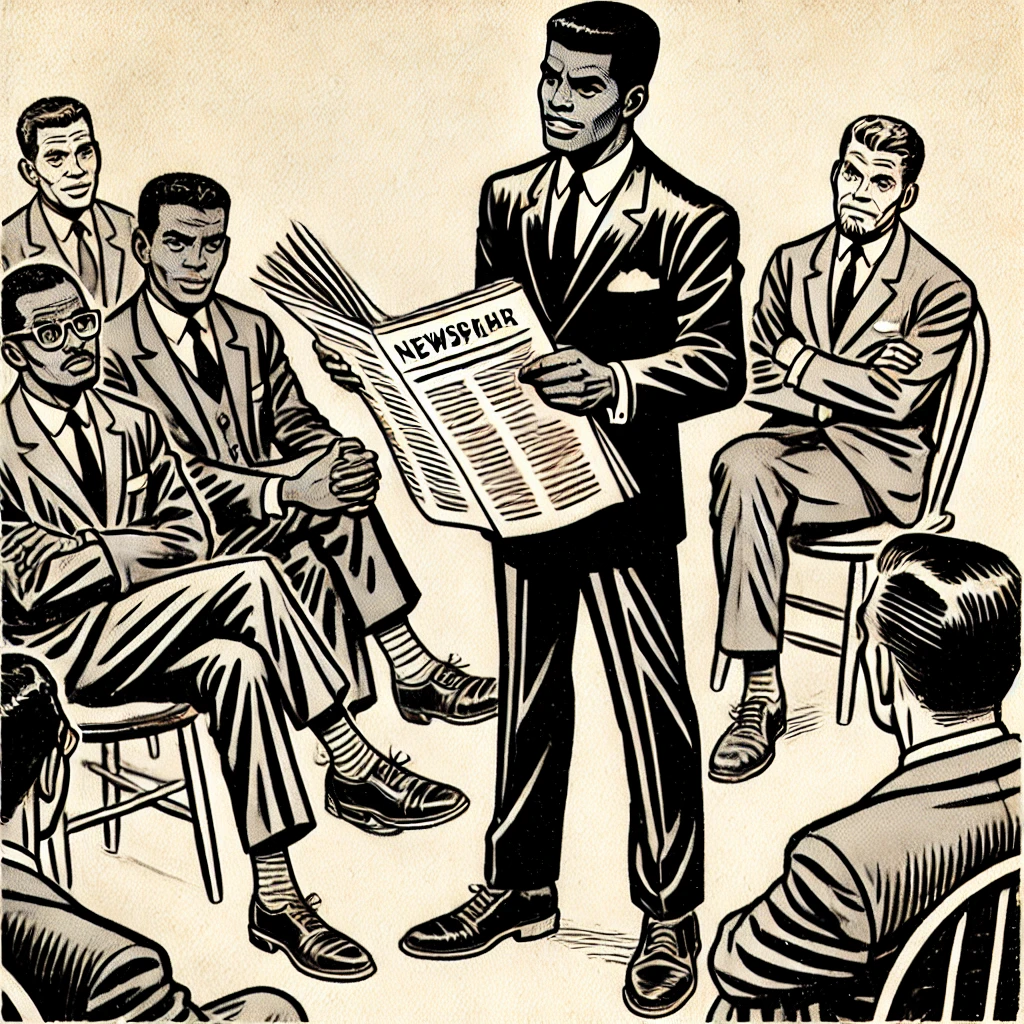

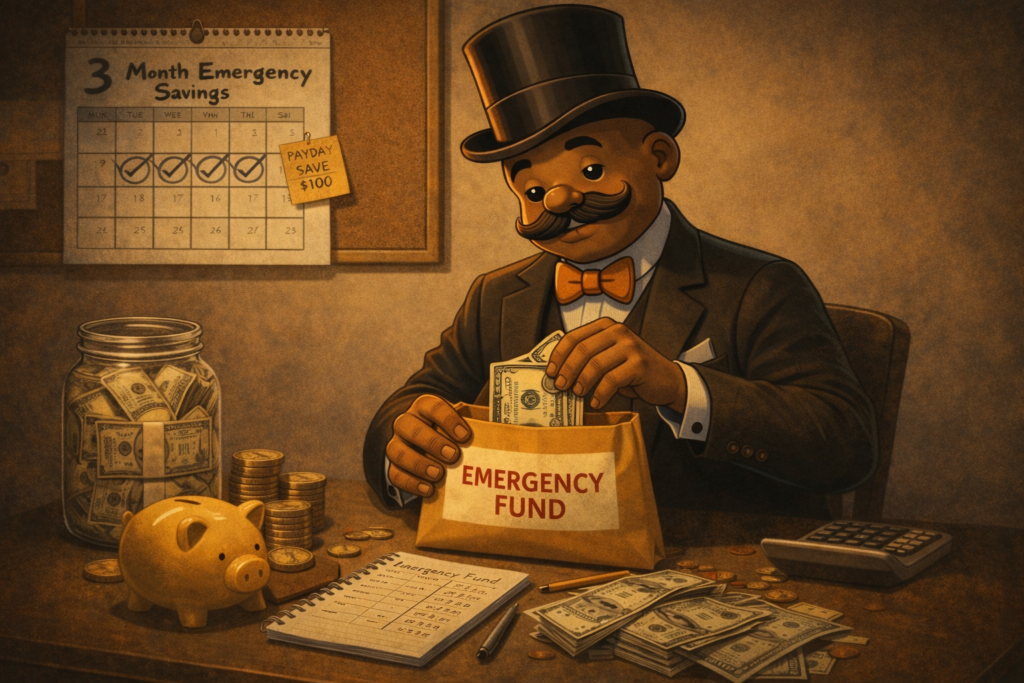
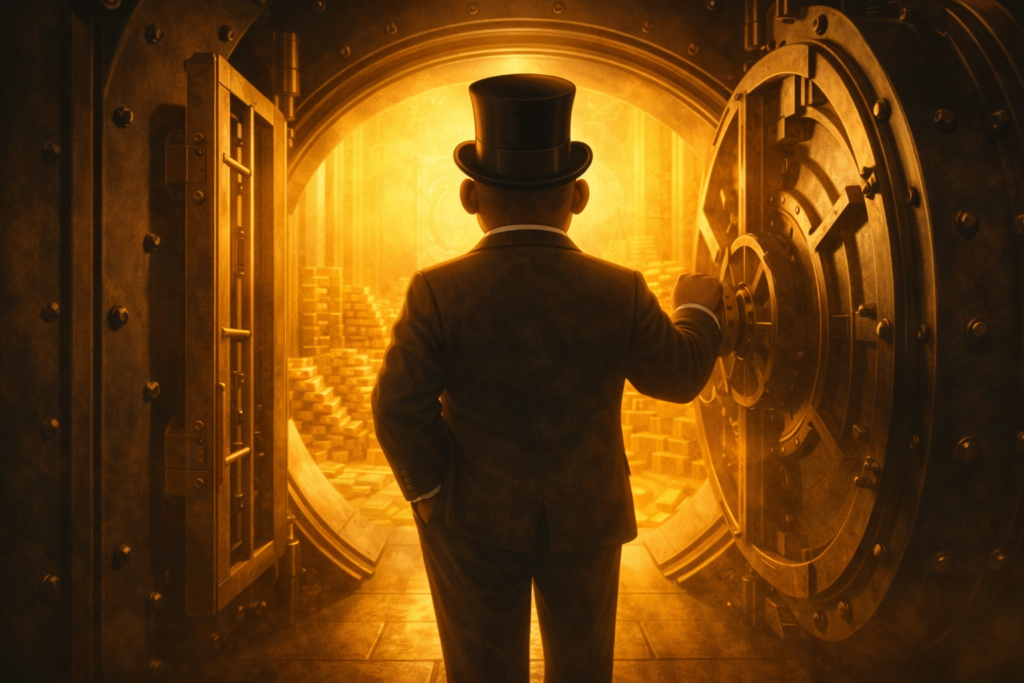
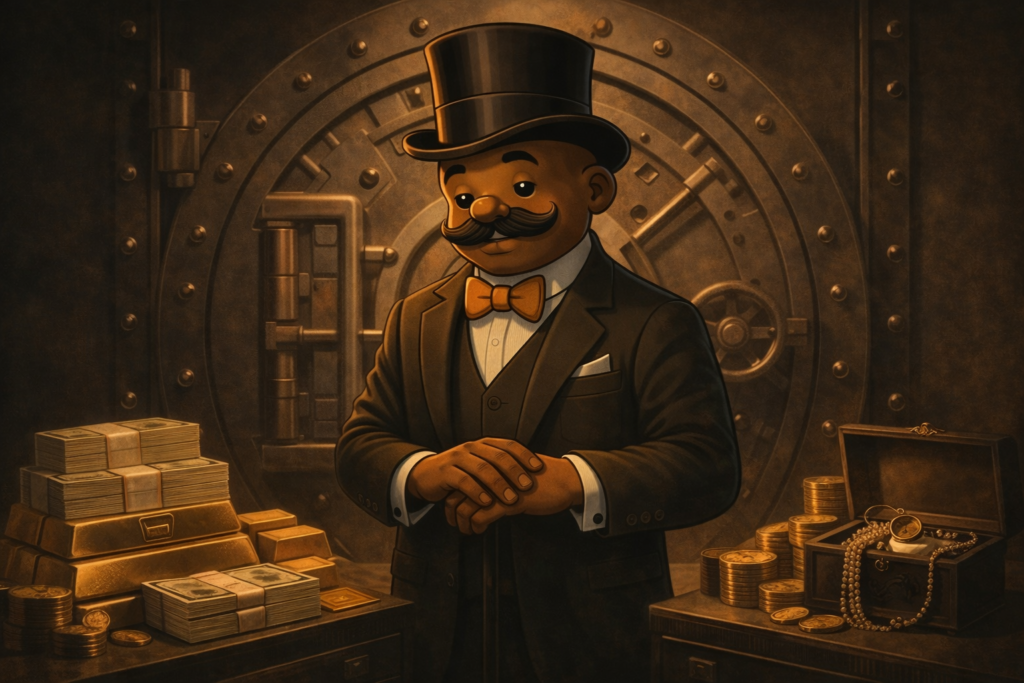
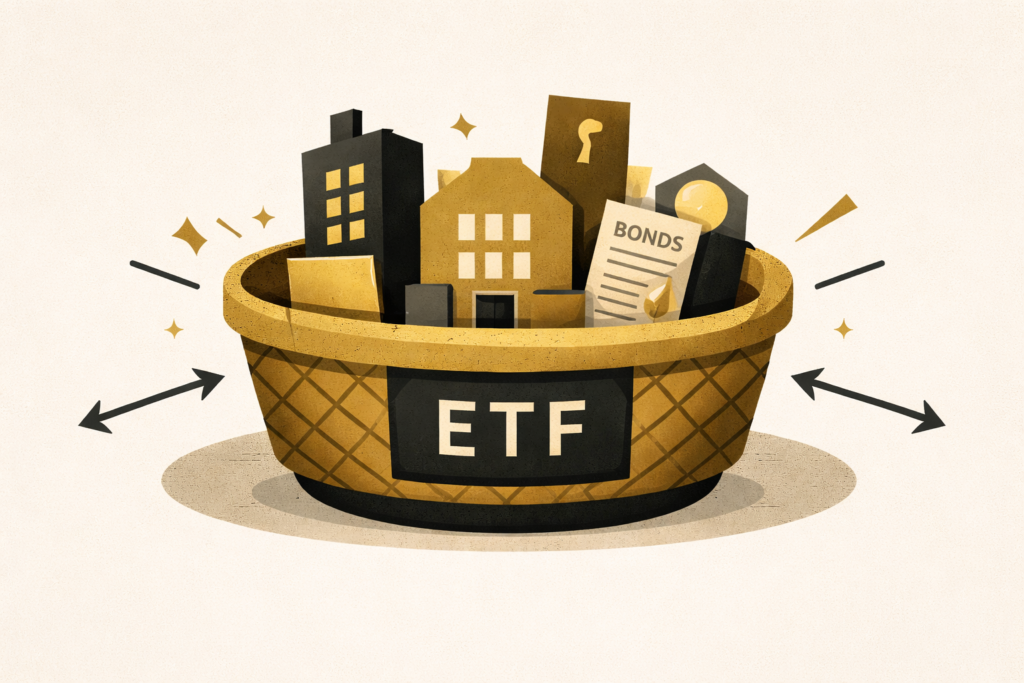



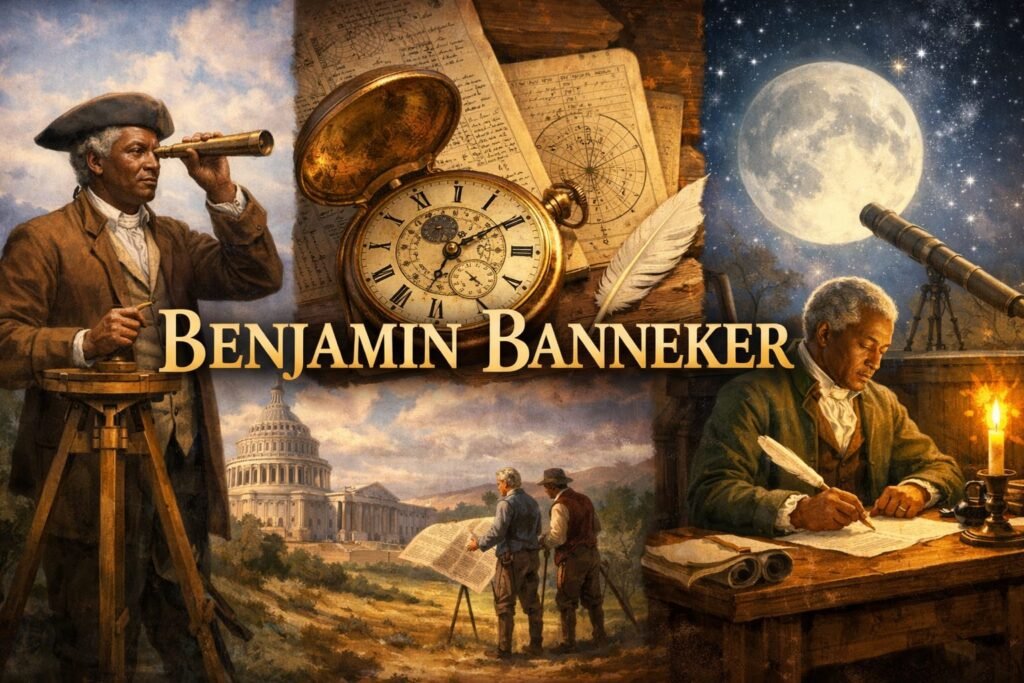
10 Responses
wonderful post, very informative. I wonder why the other experts of this sector do not notice this. You must continue your writing. I’m sure, you have a huge readers’ base already!
Thank you so much
I have been examinating out some of your posts and i must say pretty good stuff. I will surely bookmark your site.
F*ckin’ amazing issues here. I am very satisfied to see your article. Thank you so much and i’m having a look ahead to touch you. Will you please drop me a e-mail?
I simply couldn’t go away your site before suggesting that I extremely loved the standard info a person supply in your visitors? Is going to be back regularly in order to check out new posts
I truly appreciate it.
Hey, you used to write magnificent, but the last several posts have been kinda boring… I miss your super writings. Past few posts are just a little bit out of track! come on!
thanks for your feedback! Which articles did you like the most?
I’m impressed, I need to say. Really rarely do I encounter a weblog that’s both educative and entertaining, and let me inform you, you’ve hit the nail on the head. Your thought is excellent; the issue is one thing that not sufficient people are talking intelligently about. I’m very joyful that I stumbled across this in my search for one thing regarding this.
I truly appreciate the feedback.